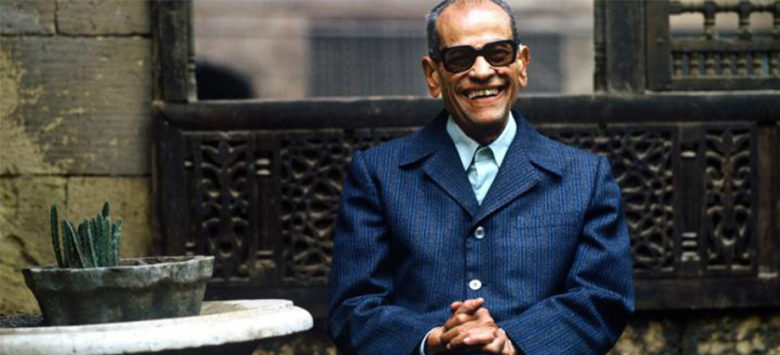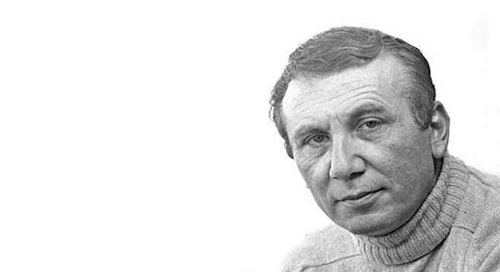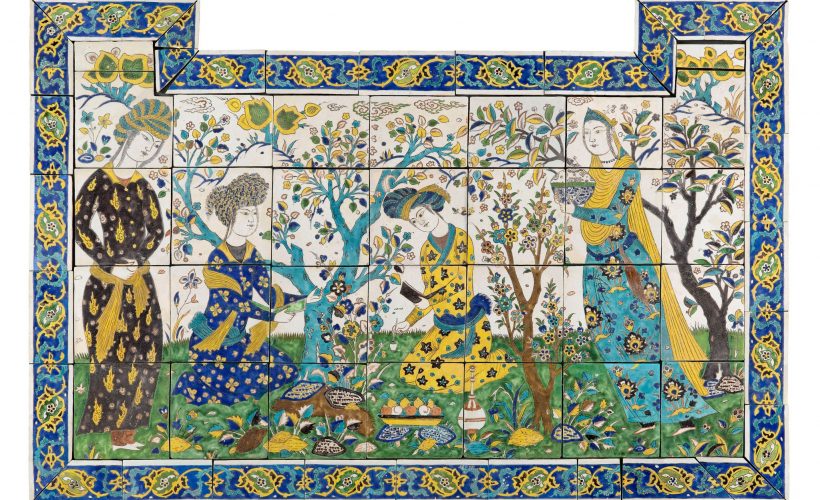History & Heritage
12.18.2020
3 poets to discover on the occasion of the World Arabic Language Day

World Arabic Language Day is an international day of the United Nations that celebrates the Arabic language on December 18th each year. This date commemorates the recognition of Arabic as an official language of the United Nations by the General Assembly on December 18, 1973. On this occasion, KAWA invites you to meet 3 of the best ambassadors of a language that can be found: the poets.
Gibran Khalil Gibran
Born on January 6, 1883 in Bcharré (in present-day Lebanon) and died on April 10, 1931 in New York, he was a Lebanese poet of Arabic and English expression (who would also have spoken fluent French), and a painter. He lived in Europe and spent most of his life in the United States. He is the author of numerous works, but his collection of English poetry The Prophet, published in 1923, became particularly popular during the 1960s in the counter-culture and New Age movements. His poetic work was even compared to that of a certain William Blake. He is probably the best known of the modern Arab poets, his works being taught in schools in various countries of the Arab world.
See also
undefined
Excerpt: Your friend is the one who meets your needs. He is the field that you sow with love and reap with gratitude. And he is your table and your home. For you come to him with your hunger, and you seek him for peace.
Nizar Kabbani
Born on 21 March 1923 in Al-Shaghur in Damascus, Syria and died on 30 April 1998 in London, Great Britain, he is considered one of the greatest contemporary Arabic-language poets. His work breaks the traditional image of the Arab woman and invents a new language, close to the spoken language and rich with many images borrowed from the world of childhood. The woman was the main source of his poetic inspiration because of her sister’s suicide. Among her key works, we find mainly “the brunette told me”, “the smell of Damascus jasmine” or “the youth of a breast”.

Excerpt: I carry the burnt time in my eyes and I travel towards you. I carry Beirut, stabbed poem, on the palm of my hand and I present his body to all as the testimony of an Arab era that makes a profession of murdering poems.
Naguib Mahfouz
Born in Egypt in 1911, Naguib Mahfouz became, several decades later, the first Arab to receive the Nobel Prize for Literature (1988). He is considered the founding father of the modern Arabic novel, thanks in particular to an incredible blend of the codes of the European novel and the subtlety of the Arabic language. Through more than fifty novels and collections of short stories, he describes his society for almost a century. The Cairo Trilogy, written in the 1950s, includes “The Dead End of the Two Palaces”, “The Palace of Desire”, “The Garden of the Past”.

Excerpt: That’s how he fell in love. He loved her for her two big clear eyes, her sweet and candid look, and the lightness of her being. He loved her because his dreams – and the dream was his only refuge, the only thing he really possessed – represented her to him at all times, because when he reached forty, he found himself thirsty, panting for love, and that thirst that is not quenched is the very source of dreams.
popular

